As one of Maine’s warmest recorded winters comes to an end, many waterways across the state are seeing ice form later and melt earlier than ever, which experts say is causing increasingly severe environmental impacts.
At Lake Auburn, ice-out this year was declared on Tuesday, March 12, earlier than ever recorded. At China Lake, it was Monday, March 11, another record.
At Pennesseewassee Lake in Norway, the ice is still thinning but expected to set a record, according to Nick White, the lake’s official watcher of the ice.
An ice-out date is when all of the ice on a lake’s surface has melted, though precise definitions can vary from one body of water to the next. At Pennesseewassee Lake, White says he considers ice to be out when “you can take a boat from one end to the other,” a standard used at many lakes around Maine.
While ice-outs historically begin in mid-April, ice has already disappeared on many Maine lakes this year. Earlier ice-outs have severe impacts on everything from algae blooms and trout populations to moose calves and snowmobilers, according to Mark Latti, communications director for the Maine Department of Inland Fisheries and Wildlife.

“It’s a trend in recent years where we’re seeing earlier ice-outs and later ice-ins,” Latti said. “It means that lakes and ponds will probably warm up more than they generally do, and that has issues for our native cold water species like salmon and trout. Warmer water also makes it more accommodating for invasive species, which outcompete native species.
“With these earlier springs and longer open water seasons, there’s an impact on lots of wildlife populations.”
One of the most serious symptoms of early ice-outs is the increased frequency and intensity of algae blooms in recent years, according to Whitney King, an environmental chemist and professor at Colby College in Waterville.
Blooms in recent years have been more severe and widespread, King said. Though algae blooms are a natural occurrence in the spring and summer, they can be toxic for humans and animals, damaging to natural ecosystems, and near-impossible to get rid of.
Algae blooms’ size and toxicity are often worsened by bright sunlight, warm waters and intense storms, King said. This means that earlier ice-outs are causing earlier and more severe algae blooms, he said.
“Across the state, we’re seeing an interesting ecological feedback cycle where the physics of the climate control when the open water period starts and ends,” he said. “If you have shorter ice-in periods, you have longer open water periods, and these longer open water periods are allowing increased growth rates in our lakes — more plankton and less oxygen.
“Basically, our lakes have a longer growing season and that is not always an ecologically good thing.”

Open water on Cobbossee Lake is seen behind a sign warning about milfoil on Friday near the Outlet Bridge on Pond Road in Manchester. Ice-out for the lake was recorded on Wednesday. Joe Phelan/Kennebec Journal
In addition to the algal bloom, Latti explained that warming winters and receding ice have effects that reach far beyond Maine’s bodies of water. With ice-outs inching closer to the start of every year, he said Maine’s winter sports season is shrinking.
“It’s really changing Maine,” he said. “It’s changing our recreating, it’s impacting our economy, and it’s impacting fish and wildlife.”
Maine pond hockey players, backcountry skiers and ice fishers alike have all described poor conditions amid the warm temperatures this winter. Lake ice can be unsafe for weeks before ice-out is declared and ice across the state has become increasingly unstable even during winter’s coldest months, Latti said.
“Maine is known as a destination for winter sports, and if things continue the way they have been the past few years, it’s certainly going to have impacts,” Latti said. “There’s not a lot of safe ice right now. The reality is times are changing and winter is a lot different now than it was even 20 years ago.”

Fisherman troll in open water at China Lake and are visible through a railing that runs along the walkway along Causeway Road in China on Wednesday, two days after ice-out was declared for the lake. Rich Abrahamson/Morning Sentinel
Shorter winters are also causing the deaths of an increasing number of moose calves at the hands of winter ticks, Latti said, as the ticks’ seasonal mating patterns have begun encompassing more and more of each year.
Winter ticks, also called moose ticks due to their preferred host, hatch as larvae in late summer to fall. After molting on their host through the spring, adult females detach and lay eggs in June before dying. As many as 100,000 winter ticks can attach themselves to the same moose at the same time, and can often kill a moose within a few months.
“In some parts of the state, we’ve seen mortality rates of up to 90% of moose calves due to blood loss from over 70,000 winter ticks on their body,” Latti said. “(Winter ticks) live their entire life on moose but they drop off in the spring to lay their eggs on the ground. If there’s good snow cover, those eggs don’t survive, but if there’s no snow cover, they live to breed.”

Lake Auburn shows open water during a rainy Friday in Auburn. The ice-out is unusually early this year. Andree Kehn/Sun Journal
Though ice-out definitions can vary from lake to lake, King said many communities have been keeping track of ice-out dates for decades, often through hardscrabble community reporting. That provides him and other researches a valuable tool to analyze trends in Maine’s weather and climate, and it’s clear that this state is getting hot.
“These local leagues would used to write the results on the wall of their building or keep them somewhere in the records, and in some of these places you can date them back for over 100 years,” King said. “You can plot those, and you can actually see that the ice-out dates have been coming earlier and earlier.
“This is one of many lines of evidence of our warming climate in the state.”
Executive Editor Judy Meyer contributed reporting.
Send questions/comments to the editors.


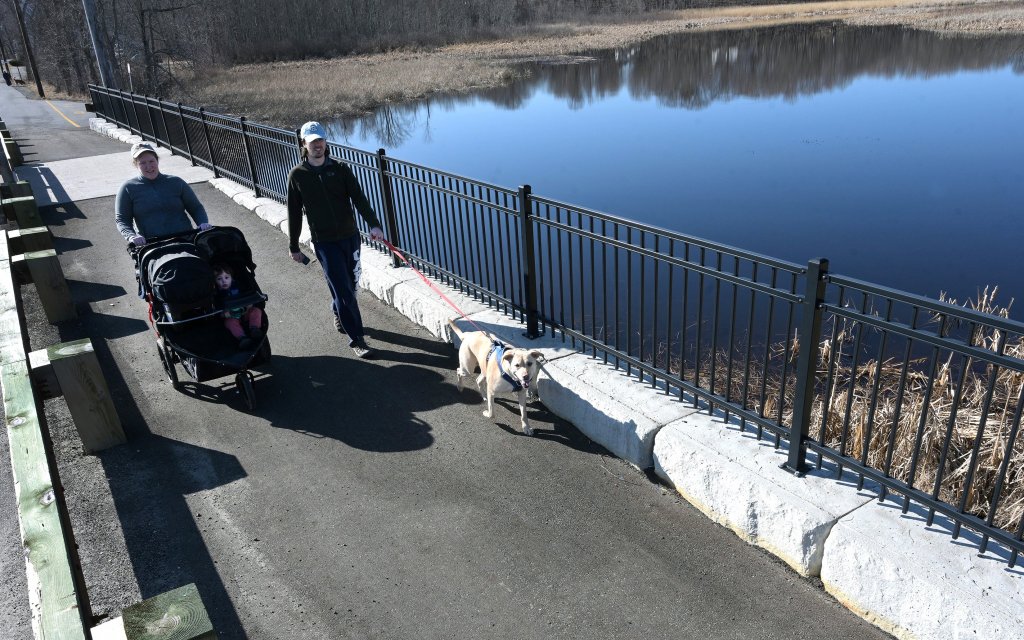
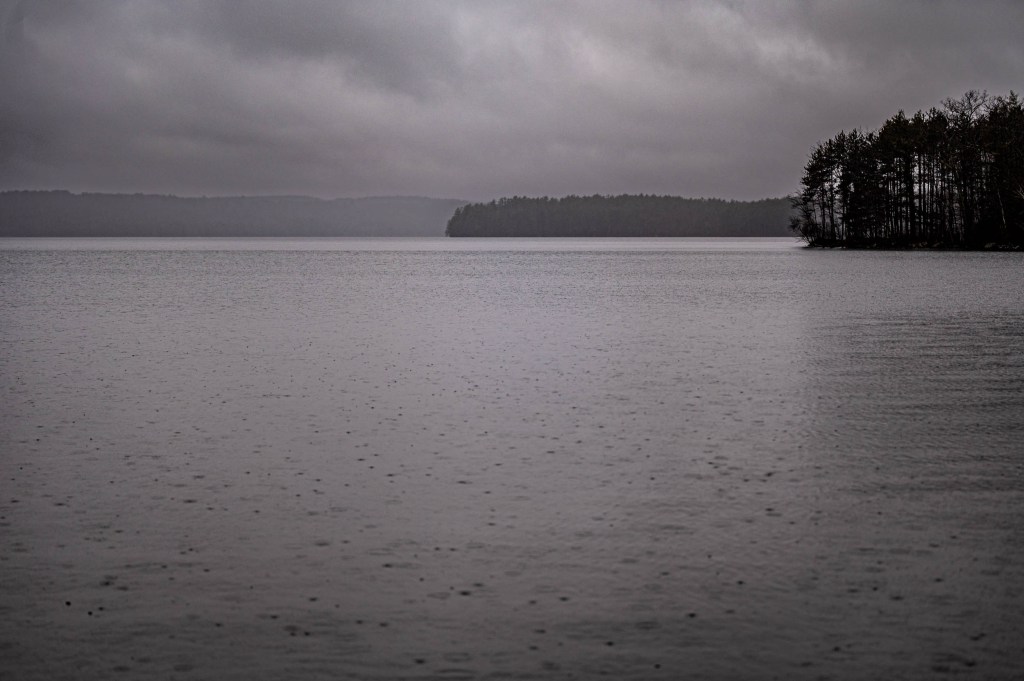
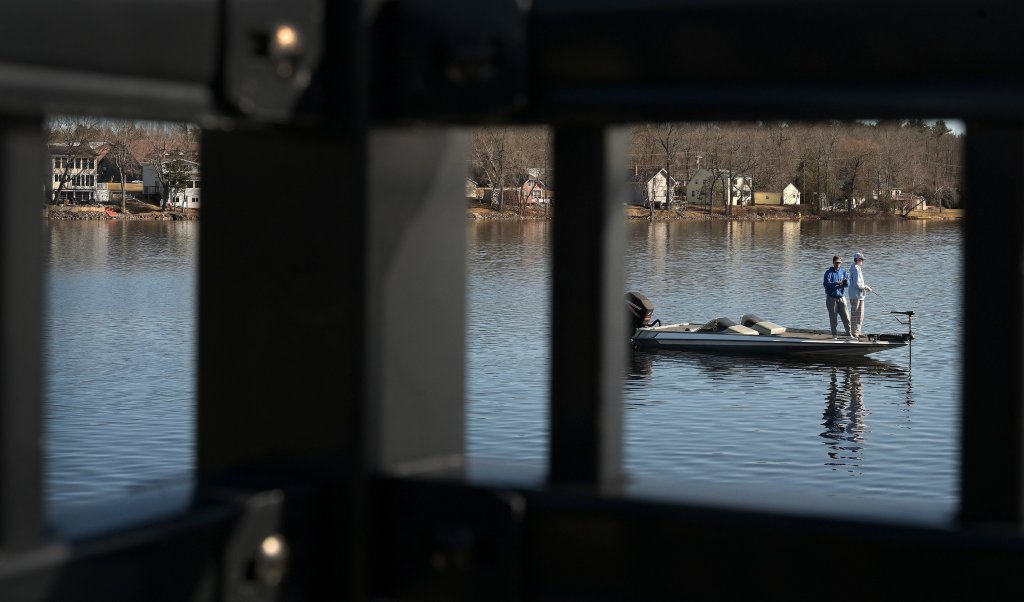
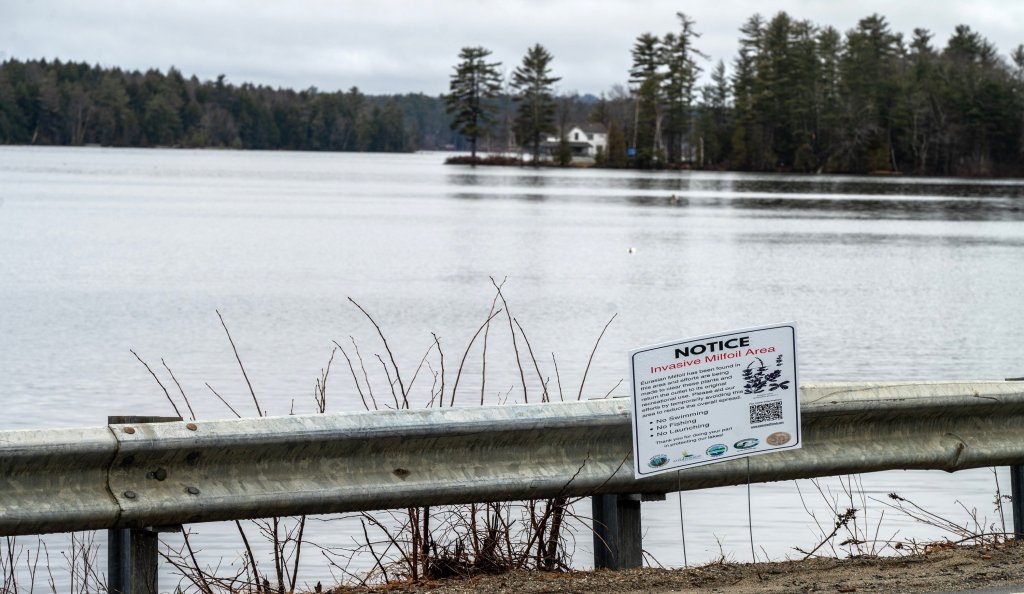
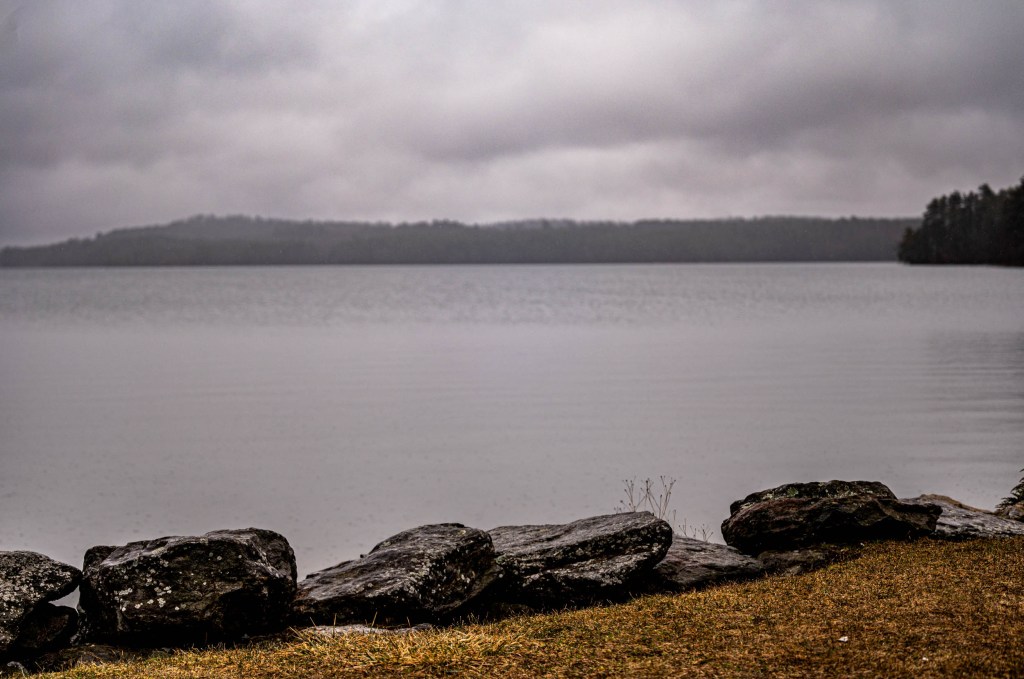

Comments are no longer available on this story